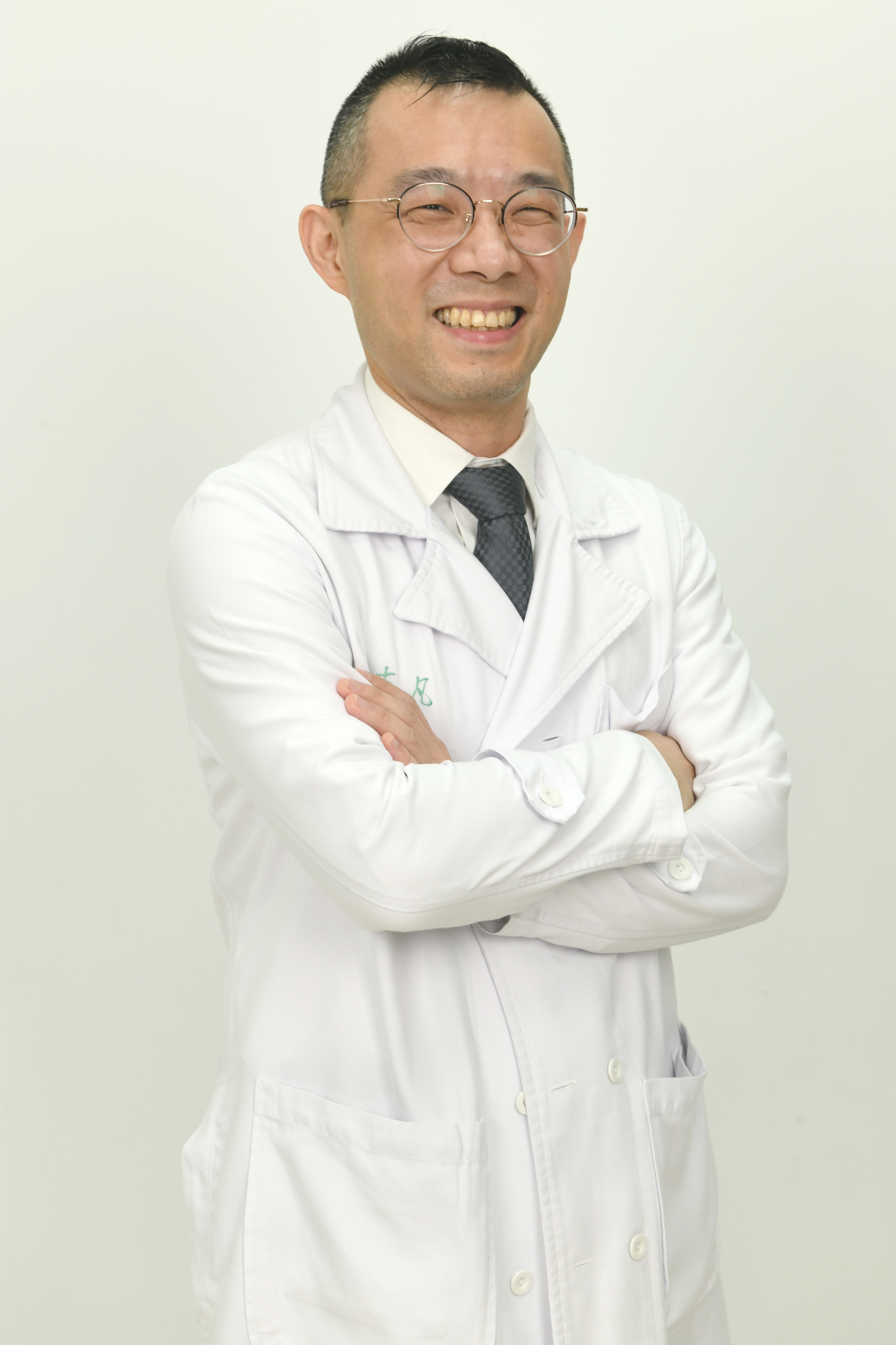- 演講或講座
- 生物醫學科學研究所
- 地點
生醫所地下室B1B演講廳
- 演講人姓名
葉志凡博士 (臺大醫院)
- 活動狀態
確定
- 活動網址
Atherosclerotic cardiovascular disease (ASCVD) is the leading cause of morbidity and mortality worldwide. Despite well-established systemic risk factors, atherosclerotic lesions develop preferentially at arterial sites of curvature, branching, and bifurcation, where endothelial cells (EC) are exposed to multidirectional disturbed flow (DF) featuring oscillation, flow reversal, and low time-averaged shear stress. DF stimulates low-grade inflammation, compromises vascular integrity, and elevates glycolysis in atherosusceptible endothelium, while unidirectional flow (UF) promotes a quiescent endothelial phenotype resistant to atherogenesis. This underscores the significance to uncover previously unrecognized molecular mechanism and develop novel vascular targeted therapeutic approaches. Through complimentary in vitro and in vivo investigations, we identified the causal role of DF-induced endothelial TXNDC5 (thioredoxin domain containing 5) in atherosclerosis and neointima formation in arteriovenous fistulae. We also elucidated a new mechanistic link between genome-wide association studies and YAP/TAZ mechano-regulation, showing UF-induced phospholipid phosphatase 3 (PLPP3) inactivates YAP/TAZ by reducing LPA-induced myosin II and ROCK1 in endothelium. We further leveraged lipid or polymer-based nanoparticles to deliver therapeutic nucleotides such as mRNA, miRNA inhibitors, or CRISPR/Cas9 constructs specifically to inflamed endothelial cells to intervene in aforementioned mechanosensitive pathways, thereby treating ASCVD.

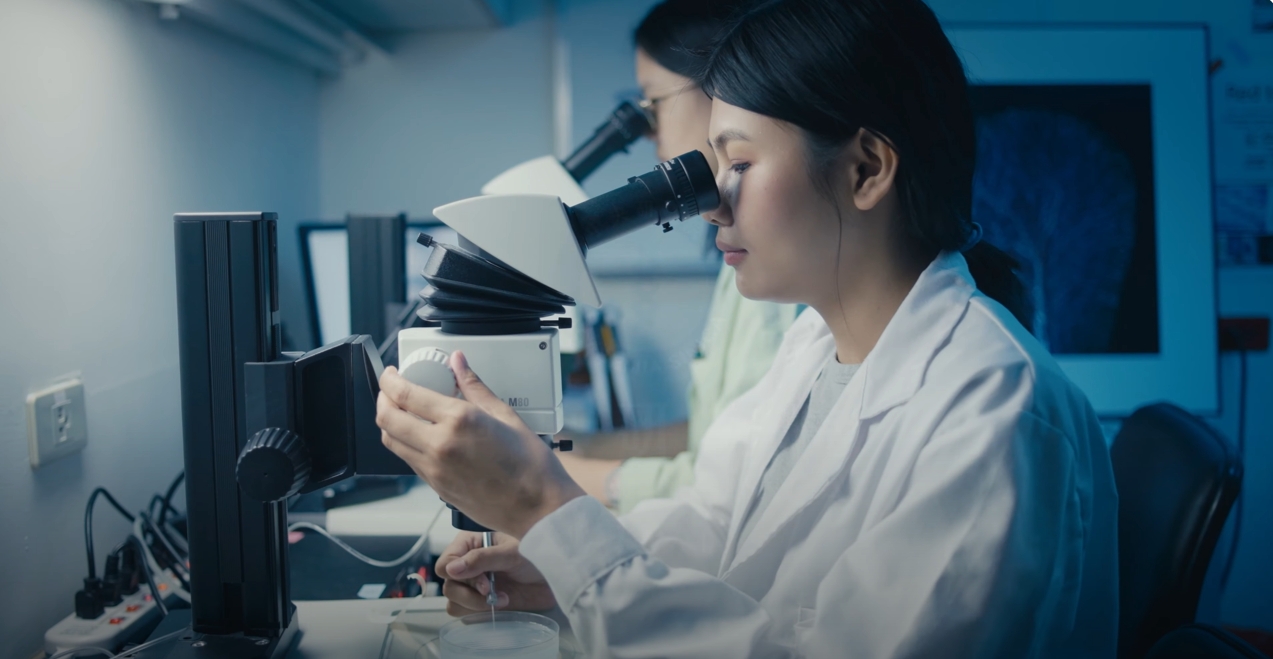
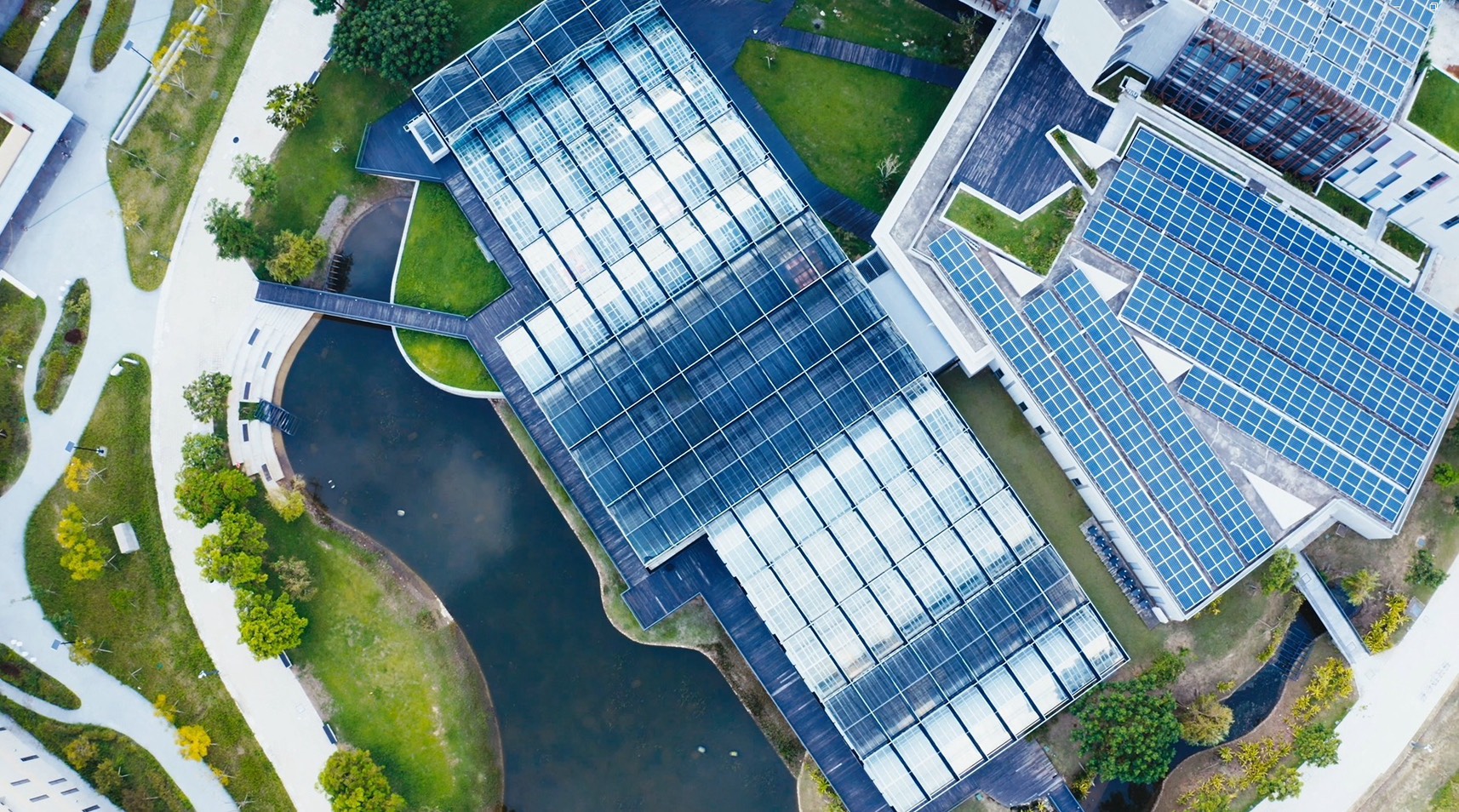
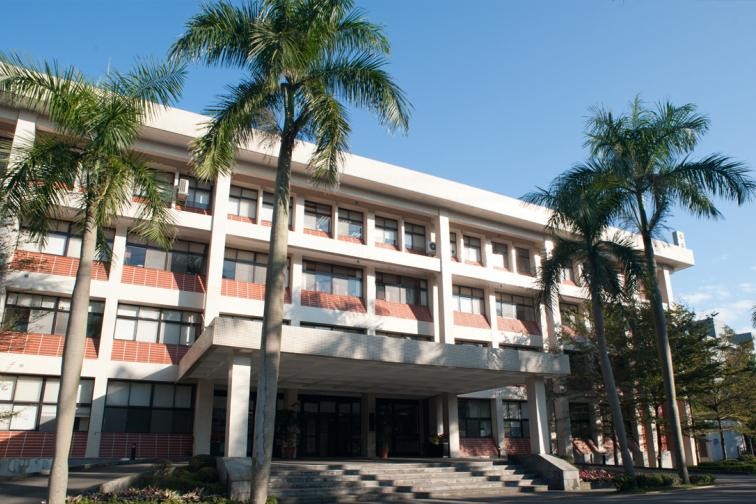
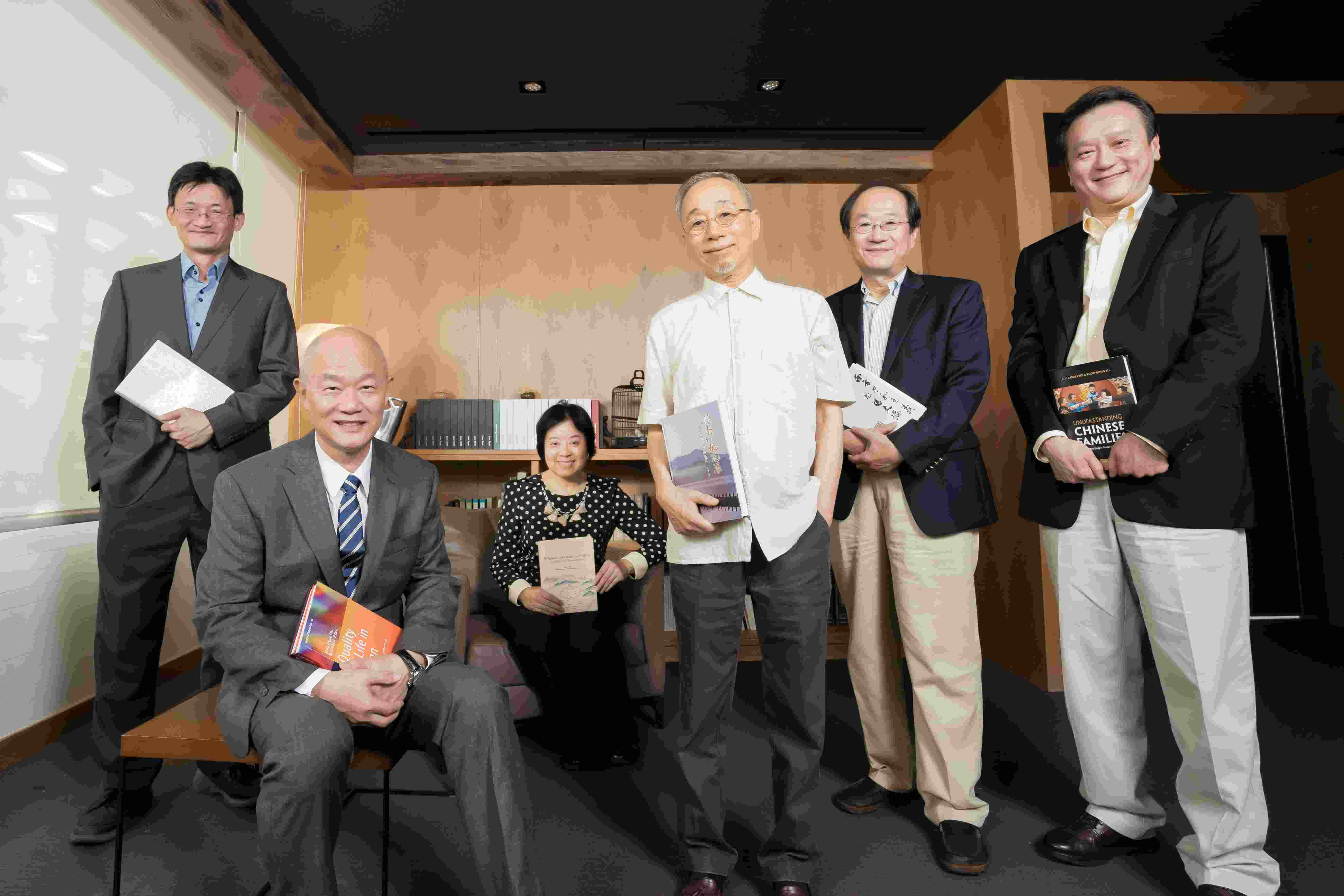




 首頁
首頁